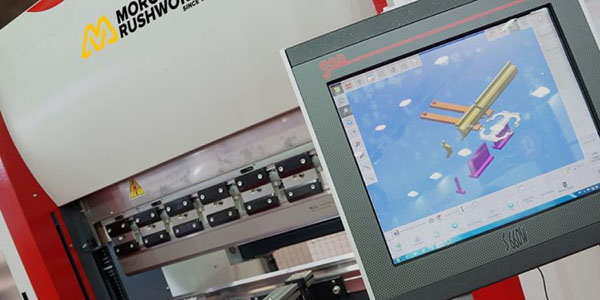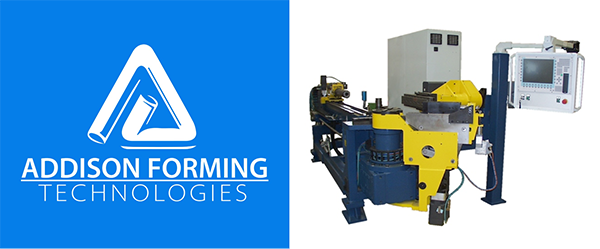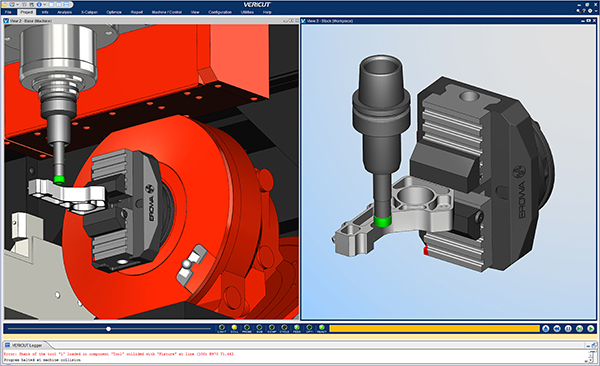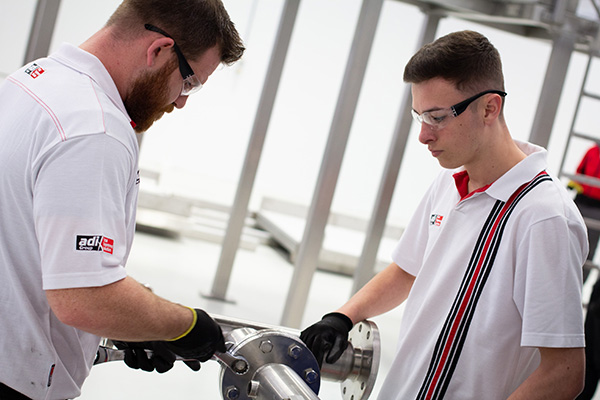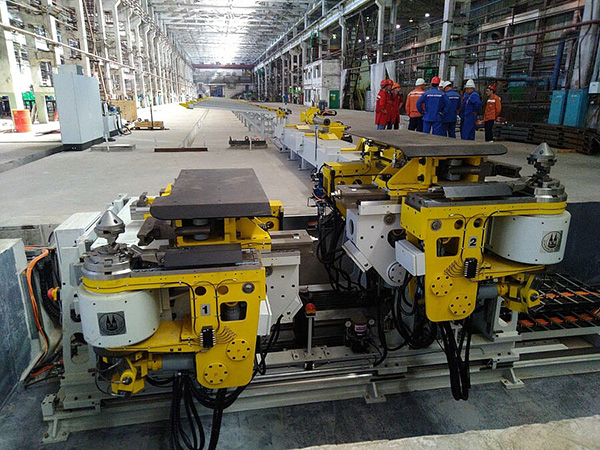Bison Machinery has added a Morgan Rushworth servo-electric press brake to its showroom stock.

The machine is now commissioned and set up for demonstrations, and will be of interest to users of hydraulic press brakes that want to save time and money by reducing energy consumption and maintenance, while increasing cycle times.
The recently introduced XPE servo-electric press brake from Morgan Rushworth brings many benefits to the table when compared with traditional hydraulic models, says the company. For instance, servo electric models save energy, require much less servicing and feature faster cycle times. Not only that, but they are quieter to operate and do not produce hazardous waste products such as used hydraulic oil.
A major benefit is that the XPE press brake only uses power when it is actually working, delivering up to 50% savings in electricity consumption.
Further advantages include: the use of an O-frame design that reduces deflection of the machine frame; no requirement for hydraulic oil, thus reducing hazardous waste output; cycle times are up to 30% faster than an equivalent hydraulic machine; quiet operation improves the working environment; only requires around 25% of the servicing compared with a hydraulic model; and produces much more even bending pressure across the width of the machine.
The XPE servo electric press brake features proven belt-drive technology for a long working life with low maintenance requirements. All models feature the high-specification ESA S675 widescreen control and a generous level of standard equipment, reports Morgan Rushworth.
For further information www.bisonmachinery.co.uk






